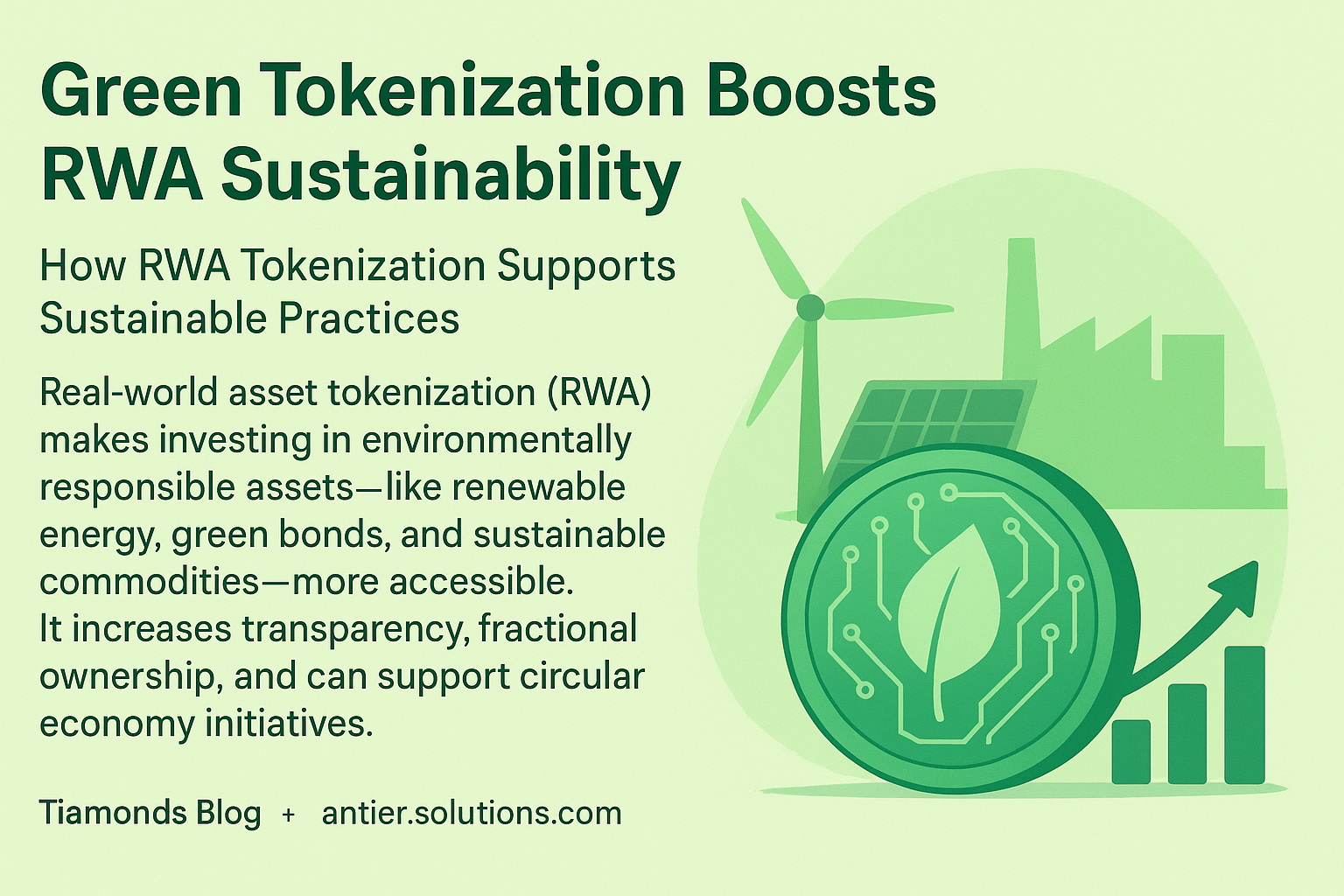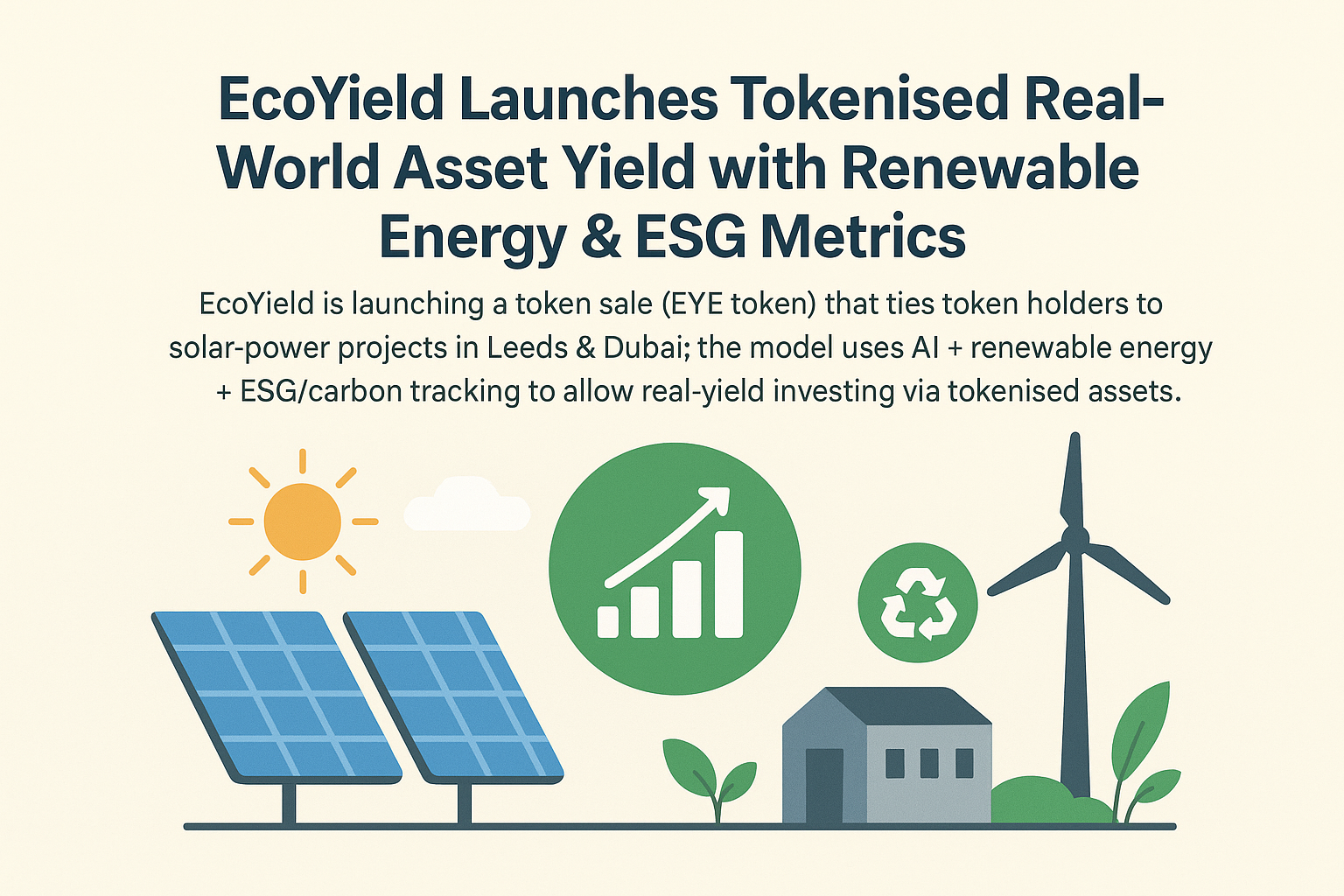The fusion of cryptocurrency and real estate is rapidly transforming how investors approach property ownership. A new trend, property tokenization, is revolutionizing the traditionally slow and complex world of real estate investment. By converting physical properties into digital tokens on a blockchain, this innovative approach is not just disrupting the market but also democratizing access to it.
What Is Property Tokenization?
Property tokenization involves creating digital tokens that represent ownership or shares in a physical property. These tokens are recorded and exchanged on blockchain platforms, providing transparency, security, and efficiency. Investors can purchase fractional ownership of properties, enabling them to diversify their portfolios without the need to buy entire properties.
Benefits of Property Tokenization
- Accessibility: Traditional real estate investments often require substantial capital. Tokenization lowers the barrier to entry, allowing investors to own a fraction of high-value properties, such as luxury apartments or commercial buildings.
- Liquidity: Real estate has historically been an illiquid asset. Tokenization enables investors to trade their property shares on secondary markets, offering greater flexibility and liquidity.
- Global Reach: Blockchain technology transcends borders, allowing investors from anywhere in the world to access real estate markets previously out of reach.
- Transparency and Security: Blockchain’s immutable ledger ensures that ownership records are tamper-proof, reducing the risk of fraud and enhancing trust.
- Efficiency: Smart contracts automate processes such as payments, reducing the reliance on intermediaries and cutting transaction costs.
Real-World Applications
Several platforms are already making waves in the property tokenization space:
- Propy: Facilitates blockchain-based real estate transactions and tokenized property ownership.
- RealT: Allows users to buy fractional ownership of properties in the United States, earning rental income proportional to their share.
- Tokeny: Offers end-to-end solutions for tokenizing real estate assets.
Challenges and Considerations
Despite its potential, property tokenization faces hurdles:
- Regulatory Compliance: Different countries have varying laws regarding securities, blockchain, and real estate, making compliance a challenge.
- Market Adoption: Tokenization is still in its infancy, and widespread adoption will require education and trust-building among investors.
- Volatility: Cryptocurrencies can be volatile, which might impact token values and investor confidence.
The Future of Real Estate Investment
Property tokenization could redefine real estate by unlocking new investment opportunities and making the market more inclusive. As blockchain technology continues to evolve, it’s likely we’ll see more platforms and regulatory frameworks supporting this innovative approach.
The Financial Times aptly captured this shift: Crypto is no longer confined to digital realms; it has tangible designs on reshaping physical asset markets, starting with real estate. Investors looking for modern, flexible ways to diversify their portfolios should pay close attention to this burgeoning trend.




